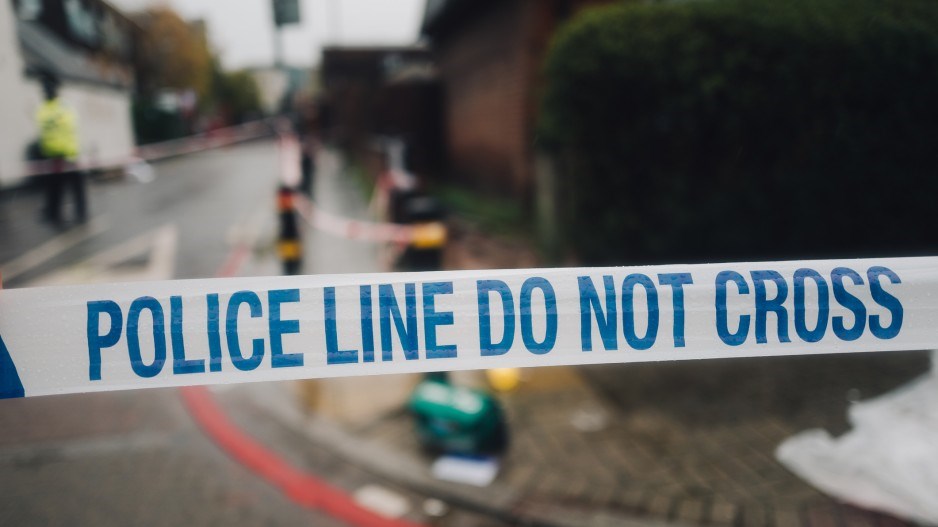Earlier this month, the proportion of British Columbians who think crime and public safety is the most important issue facing the province reached 14 per cent in a survey conducted by Research Co. and Glacier Media.
This places crime and public safety ahead of the economy or the environment in the minds of residents, but lower than housing or health care.
Our 2023 survey outlines a consistent growth in concerns, but no movement on personal impact. Just under three in five British Columbians (59 per cent) told us that the level of criminal activity in their community has increased over the past four years. This represents an eight-point jump since 2021. Negative perceptions about public safety are currently more prevalent in Vancouver Island (63 per cent), Southern B.C. (also 63 per cent) and the Fraser Valley (62 per cent).
When we asked British Columbians if they feared becoming a victim of crime in their community in 2018, 29 per cent expressed this anxiety “a great deal” or “a fair amount.” The proportion rose to 40 per cent in 2019, 42 per cent in 2020, 48 per cent in both 2021 and 2022 and 52 per cent this month.
In 2019, 31 per cent told us they would feel “unsafe” walking alone in their own neighbourhood after dark. On this question, there is also an increase, though it’s not as dramatic: 30 per cent in 2020, 33 per cent in 2021, 34 per cent in 2022 and 36 per cent in 2023.
The undeniable rise in public sentiment on these issues is not accompanied by significant movement when we ask British Columbians if, over the past four years, they have been the victims of a crime, such as an assault or a car break-in. Only 18 per cent of British Columbians have had to report a crime to the police, consistent with the results of the previous five surveys (between 17 per cent and 20 per cent).
When British Columbians ponder the factors that are to blame “a great deal” for the current situation regarding crime and public safety in their community, addiction and mental health issues always garner the most mentions, reaching 59 per cent this year (up eight points from 2022).
More than a third of residents also blame gangs and the illegal drug trade (41 per cent, up four points), an inadequate court system (39 per cent, up seven points) and poverty and inequality (34 per cent, up two points). Fewer point to other factors, such as a perceived lack of values and improper education for youth (28 per cent, up one point), a bad economy and unemployment (22 per cent, down two points), insufficient policing and a lack of resources to combat crime (22 per cent, unchanged) and immigrants and minorities (11 per cent, up three points).
Police resources have always been among the bottom three of the eight factors that we track. The situation is different when British Columbians analyze the legal system: Perceptions that the courts are a major problem in crime prevention are up markedly.
British Columbians also appear to be open to new ideas. In July 2022, the province’s residents were divided on whether a provincewide police force was worth establishing. This month, 51 per cent support this idea, up 12 points in less than a year.
Our survey exemplifies an enormous complexity for governments and parties in Opposition. Even if the proportion of residents who have not had to report a crime has remained at or above 80 per cent since 2018, two items reached their highest levels in six years: The notion that criminal activity has increased at 59 per cent, and the fear of becoming a victim of crime at 52 per cent.
Pointing to statistics that show little movement on actual crime does little to appease residents who are anxious. Since 2018, we can see a 21-point jump in the proportion of British Columbians who feel criminal activity in their community has increased. In the spotlight of a campaign, emotion can be more powerful than reality.
Mario Canseco is president of Research Co
Results are based on an online study conducted from May 14-16, among 800 adults in B.C. The data has been statistically weighted according to Canadian census figures for age, gender and region in Canada. The margin of error is plus or minus 3.5 percentage points, 19 times out of 20.





